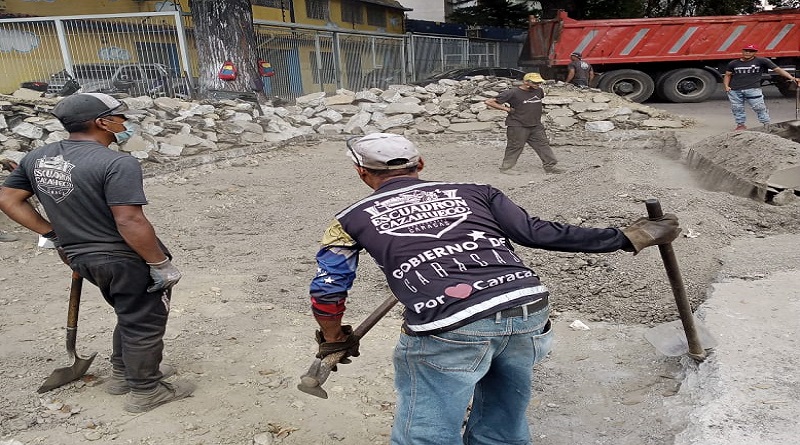Argentina carries out several international tax information agreements that help find inconsistencies in tax returns, personal property, luxury, among nations. One of the most important agreements with these characteristics was the one signed by the Argentine Minister of Economy, Sergio Massa, with the United States Ambassador, Marc Stanley on December 6, 2022, which provided the Federal Administration of Public Revenues (AFIP) investigate Argentines with assets in that country.
In this framework, the collecting entity Argentinian directed by Carlos Castagneto, found 5,617 taxpayers who did not include their yachts, boats and large sailboats in their 2021 Personal Property Tax Affidavit. Due to this inconsistent situation between assets and declarations, the AFIP notified taxpayers to rectify their particular situations.
The AFIP He managed to find the evaders through the use of new technologies, electronic control and databases based on tax information agreements with third countries such as the one signed by Massa and Stanley. according to collecting entity, the taxpayers did not file the Affidavit pertaining to the luxury property they owned or simply avoided including such property when paying the lien.
AFIP exempts producers from payments due to drought
On the other hand, due to the devastating drought that affects 55% of the Argentine territory for the third consecutive year, the official Castagneto announced that together with Minister Massa and the Secretary of Agriculture, Livestock and Fisheries of the Nation, Juan José Bahillo, agreed Exempt all producers in areas affected by the Agricultural Emergency (decreed due to drought) from payment of advance income taxes.

Likewise, he reaffirmed the series of measures that Minister Massa would carry out on the sector, which include: suspension of tax execution trials, suspension of embargoes on current accounts of producers affected by the Emergency and creation of a system assistance of 5,000 million renewable pesos for those affected.

In addition to the “approval of emergency requests from the provinces with which producers will be able to access regional benefits, exclusion from the calculation of Income Tax for the forced sale of property and approach and training to affected producers by the AFIP“.


















